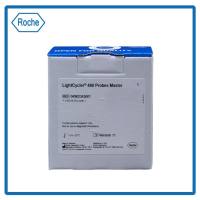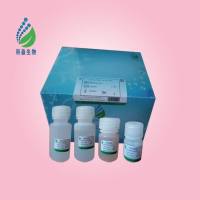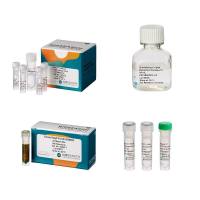In situ Hybridization with RNA Probes
互联网
541
Immunohistochemistry or immunofluorescence analyses are ideal techniques for localizing adhesive molecules in organs and tissues if reliable, well-characterized antibodies are available. In situ hybridization with RNA probes represents an alternative method for detecting mRNA encoding adhesive proteins (1 ). In comparison to immunological methods, in situ hybridization is more time-consuming and has a lower resolution at the cellular level. However, it is the method of choice if cloned cDNA probes for adhesive molecules have been isolated, but suitable antibodies are not available. Furthermore, in situ hybridization is often more sensitive than immunological methods and, thus, allows the detection of adhesive molecules that are expressed at low levels. Finally, the detection of mRNA allows their inambiguous determination of the site of synthesis of secreted molecules or of molecules whose extracellular domains can be proteolytically processed, and that, on release from their producer cells, may travel to distant locations in the tissue (2 ).









